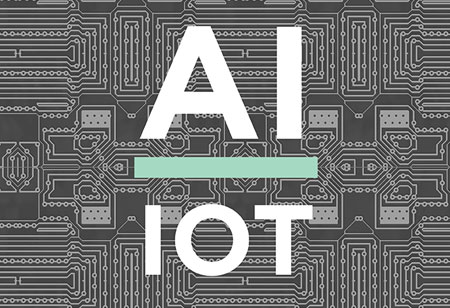THANK YOU FOR SUBSCRIBING
Tips to Secure the Cities of the Future
Sensors and IoT devices send personal and sensitive data through insecure channels with devices that are not patched and do not support data encryption.

By
Apac CIOOutlook | Monday, September 28, 2020
Stay ahead of the industry with exclusive feature stories on the top companies, expert insights and the latest news delivered straight to your inbox. Subscribe today.
Sensors and IoT devices send personal and sensitive data through insecure channels with devices that are not patched and do not support data encryption.
Fremont, CA: As the world leverages the power of technology to make better, secure, and efficient cities, smart cities are emerging as a solution to manage the increasing urban growth. However, there are still some challenges that need to be addressed. Here are four issues smart cities face when offering essential infrastructure and urban services:
Cyber Risks brought by Convergence of Old and New
Cyber and operational systems' connectivity exposes devices and sensors at the edge, becoming a gateway for cybercriminals. Once hacked and infected with malware, other connected devices also become vulnerable, causing significant damage across the infrastructure.
The integration and interconnection of different services and departments in a smart city ecosystem is another issue that needs to be tackled. Since they work independently in silos, the merging of services and systems integration, interconnections, and data exchange develops shared risks.
Interconnectivity as Loopholes
Smart cities rely on sensors and IoT devices that are linked over the internet and cloud computing architecture to control systems and external systems. These devices send personal and sensitive data through insecure channels with devices that are not patched and do not support data encryption. This interconnectivity that helps smart cities operate also opens the opportunity for potential cyber-attacks as every access point exposes sensitive data.
Vulnerability in Design
Smart cities are not developed instantly, rather they evolve over time, and as such, they use experimental technologies, which increase the chances of accidents. Because cities currently produce 70 percent of the global gross domestic product, they become prime targets for cybercriminals to access financial gains by breaching their defense systems.
Smart cities need to be secure by design and not integrated after the systems are put in place. Their system should be based on robust, inherent, and automated security protocols and policies from the beginning and consulting with citizen as well as involving them at every stage of designing.
See also: Top IoT Solution Companies





